I will not travel hidden (2018)
Gênero : Documentário, Romance, História, Mistério
Runtime : 1H 52M
Director : Pablo Zubizarreta
Sinopse
Blanca Luz Brum traveled an unusual path, through twentieth-century Latin America, actively participating in the intellectual, political and artistic movements of Uruguay, Chile, Argentina, Peru and Mexico. It is today a symbol of female emancipation in Latin America. The versions about her life are varied and dissimilar, the testimonies of those who knew her, full of contradictions.

An American poet living in Berlin hopes to win a prestigious grant while dealing with her former relationships, a rival poet, and her own penchant for stealing things.

The documentary is titled after Arkadaş Z. Özger’s poem “Hello My Dear” which had caused much controversy in the period it was first published. Considered to be in defiance of heteronormativity, the said poem includes references to the poet’s personality, his family, his relationship to the society, and his “unexpected” death, which came three years after its publication. Today, 50 years after it was written, the documentary follows these same lines in the poem utilising cinematic elements. The documentary also rediscovers the poetics; reaches out to the family, the comrades, the friendships, departing from the official historical accounts, cognizant of his experience of otherness, in pursuit of the “lost” portrait of Arkadaş Z. Özger.
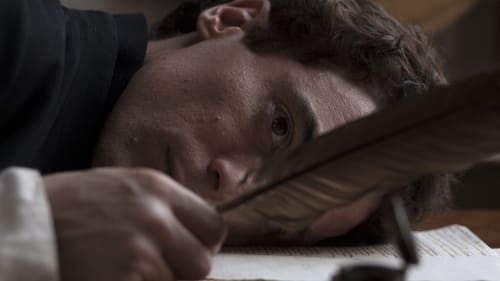
Leopardi (o poeta italiano Giacomo Leopardi) é uma criança-prodígio, a crescer sob o olhar implacavelmente vigilante do seu pai, numa biblioteca a que chama casa. A sua mente corre livre mas a vida familiar aprisiona-o: é um leitor ávido mas o mundo está longe. Na Europa, está tudo a mudar, revoluções emergem e Giacomo procura desesperadamente o contacto com o exterior. Aos 24 anos, deixa finalmente Recanati e a alta sociedade abre-lhe as portas, mas o nosso rebelde não se adapta.
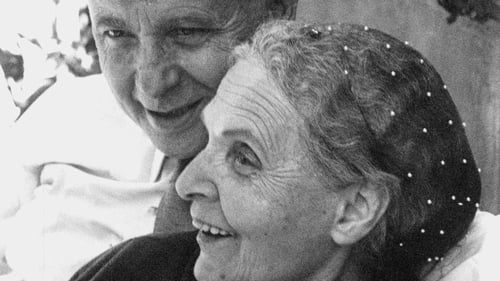
Imagens e poemas do famoso casal Louis Aragon e Elsa Triolet. A juventude de Elsa recordada por Aragon, com comentários dela.
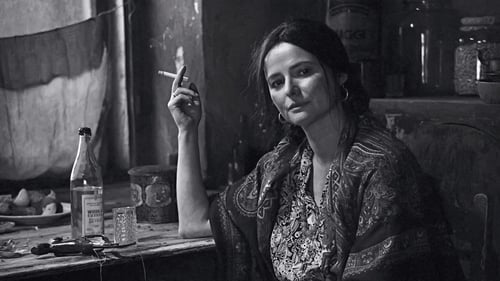
Bronisława Wajs (1908–1987), conhecida como Papusza, é a poeta cigana mais famosa do mundo. Tendo sua vida envolta em mistério na Polônia, ela ganhou fama devido ao talento para a poesia. No entanto, os próprios ciganos a amaldiçoaram por ter traído os costumes e os segredos antigos da sua cultura.

A dramatic recreation of Dylan Thomas' last tour of America, starring actor Bob Kingdom as the Welsh poet. Originally a successful stage production, the show was adapted for this recorded version by renowned actor Anthony Hopkins (in his directorial debut). Dylan Thomas was one of the twentieth century's greatest poets. He was born in the Uplands district of Swansea in 1914 and died in New York in 1953 at the age of 39. Towards the end of his life, Dylan Thomas toured America, performing his works before sell out audiences across the country. The film features the poems "Fern Hill"; "Do Not Go Gently into that Good Night"; "A Poem in October"; "And Death Shall Have No Dominion"; "A Story (The Outing)" and "Return Journey" .
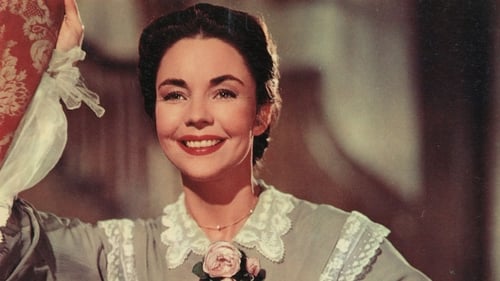
Director Sidney Franklin's 1957 remake of his own 1934 film, about the romance of poets Elizabeth Barrett and Robert Browning.

Documentary about Charles Olson, exploring his life and the significance of Gloucester, Massachusetts.

The life and work of Argentinian writer Jorge Luis Borges, a long interview, fragments of some of his most significant verses and dramatizations of some of his stories. Borges for everyone.

A fragmented biography, inconclusive, partial, of the brilliant Argentinian writer Jorge Luis Borges, based on different testimonies: his links with Leonor de Acedevo —his mother— and María Kodama —his second wife—; his vast culture and devout dedication to literature, his and that of others; his country: the politicians and the disloyal military. Borges gradually builds his own impersonation of Borges.

The lifetime of the great Argentinian man of letters Jorge Luis Borges through narration and interviews of such key players in his life as Leonor de Acevedo —his mother—, María Kodama —his second wife—, and Adolfo Bioy Casares —his best friend and collaborator for decades.
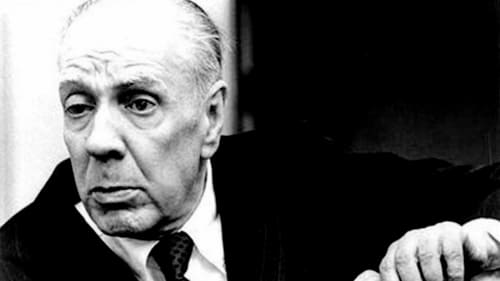
A dramatized approach to the Argentinian writer Jorge Luis Borges (1899-1986) through the recreation of some of his works and the staging of various aspects of his thought and his life.

This film is dedicated to Mas-Félipe Delavouët, the poet discovered by Lawrence Durrell, who wrote 14,000 verses in Provençal over a period of thirty years, and who died on November 18, 1990. "The sky, history and Mediterranean and Provençal myths are the inexhaustable wellspring of this man rooted down there, near Salon-de-Provence" (J.-D. Pollet). "Mas-Félipe Delavouët wrote five books in Provençal, 14,000 verses. A sort of "Odyssey". Of myths. What is stunning in him is that he always talks of disappearances. Cities, works, men, writings, television, etc., everything has to disappear. In order to be reborn. No pain. A sort of hand-to-hand of man and nature. During the filming, I would simply throw out some words... For example, one time I said "creation" and he said: "creation doesn't exist..., creation is before me..., I can only read creation"; this sentence describes Delavouët perfectly (J.-D. Pollet, 1989 and 1993).

Michael Strunge and other young Danish poets, accompanied by images of night-time Copenhagen.

A 1995 Opera Australia performance of Gilbert and Sullivan's classic operetta, recorded at the Sydney Opera House. Bunthorne, a poet worshiped by every lady he meets, loves only one woman: Patience. But Patience does not share the other women's fascination with Bunthorne. She loves Archibald, her childhood friend who is now also a poet.

Short experimental movie about sea, love and trust.

Documentary exploring Ted Hughes, one of the greatest poets of the 20th century, focusing on how his life story influenced his work and vision.

A film about the Swiss Italian poet Fabio Pusterla and his creative poetic process, his struggle to find an honest language, one which adheres to the personal experience and is able to unfold a hidden truth that creates a strong and profound bond with the other, with his public.

A fictionalised documentary about the great Japanese poet Bashô (1644–1694), the spiritual father of haiku poetry. A monk, portraying the poet, journeys through Japan, following Bashô's journal and writing many of his haikus. A ruminant, poetic, Zen Buddhist observation of nature – a return to the lost paradise of unspoilt nature.













